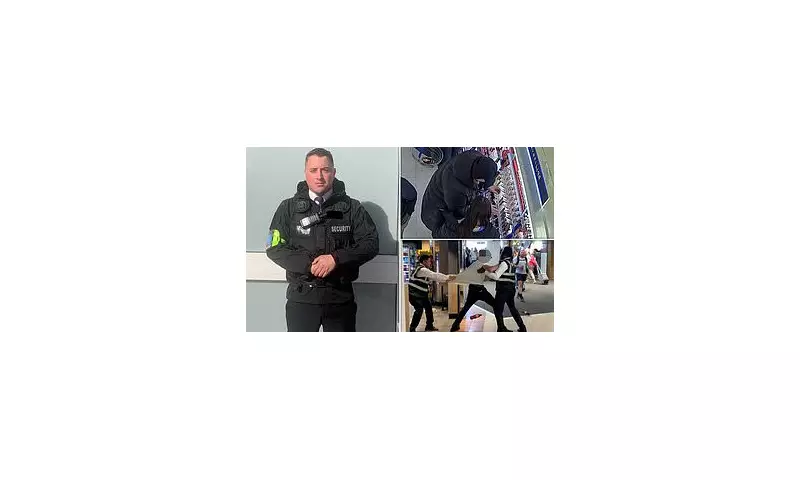
The UK's high streets are facing an unprecedented assault from highly organised and aggressive shoplifting gangs, a veteran security guard has revealed in a shocking exposé. These criminal networks are employing sophisticated, military-style tactics to terrorise retailers and steal millions of pounds worth of goods.
Military-Style Tactics and Calculated Aggression
Gone are the days of the opportunistic lone thief. Today's shoplifting operations are run with chilling precision. "It's like a military operation," the guard explained. Gangs use spotters to identify weaknesses, blockers to obstruct staff, and runners to grab high-value items like steaks, coffee, and baby formula.
Their aggression is calculated. Security personnel and staff are frequently subjected to verbal abuse, threats, and even physical violence, creating a climate of fear that allows the thefts to continue largely unchallenged.
The Economic Impact and the 'Cost of Living' Smokescreen
While some blame the current cost of living crisis for a rise in petty theft, professionals on the front line draw a clear distinction. These organised gangs are not stealing out of necessity; they are motivated by profit. The stolen goods are often fenced online or sold through illicit networks, funding further criminal activity.
The financial toll on businesses is staggering, running into millions of pounds annually. These losses inevitably lead to higher prices for honest consumers and put additional strain on retailers already fighting to survive.
A Call for Action and Better Protection
The security guard's testimony is a desperate plea for help. Frontline retail workers feel abandoned, caught between brazen criminals and what they perceive as a lack of meaningful support from law enforcement and the justice system.
There are growing calls for a stronger, more coordinated response. This includes better protection for staff, tougher sentencing for organised retail crime, and greater cooperation between retailers, police, and policymakers to safeguard our communities and the very future of the British high street.





